

Articles
How To Store Fish Sauce
Modified: December 7, 2023
Learn the best way to store fish sauce with these helpful articles. Ensure your fish sauce stays fresh and flavorful for longer periods.
(Many of the links in this article redirect to a specific reviewed product. Your purchase of these products through affiliate links helps to generate commission for Storables.com, at no extra cost. Learn more)
Introduction
Welcome to this comprehensive guide on how to store fish sauce properly. Fish sauce is a popular condiment used in many cuisines, particularly in Southeast Asia. It adds depth and umami flavor to various dishes, making it an indispensable ingredient in many recipes. Like any other food product, fish sauce needs to be stored correctly to maintain its quality and prevent spoilage.
In this article, we will explore the importance of proper storage for fish sauce, discuss the selection of the right container, consider the optimal temperature and storage location, learn how to avoid exposure to light, and explore techniques for sealing the container securely. Additionally, we will cover tips for handling and pouring fish sauce, as well as ways to check for spoilage.
By following these guidelines, you can ensure that your fish sauce remains fresh, flavorful, and safe to consume for an extended period. So let’s dive in and discover the secrets of proper fish sauce storage!
Key Takeaways:
- Proper storage of fish sauce is crucial to maintain its flavor, quality, and shelf life. Select the right container, store in a cool place, avoid light exposure, seal securely, and handle with care to enjoy its savory flavor.
- Regularly check for signs of spoilage in fish sauce, such as unusual odor, appearance, or taste. When in doubt, discard and replace to ensure food safety and savor the delightful taste in your culinary creations.
Read more: How To Store Fish While Fishing
Importance of Proper Storage
Proper storage of fish sauce is essential to preserve its flavor and quality over time. Fish sauce undergoes a fermentation process that gives it its distinctive savory and salty taste. However, this fermentation process can continue even after the sauce is bottled, making it susceptible to spoilage if not stored correctly.
Exposure to certain elements such as light, heat, and air can degrade the quality of fish sauce and lead to flavor loss. Additionally, improper storage can cause the sauce to develop off flavors or even spoil, resulting in a foul smell and taste. By understanding the importance of proper storage, you can ensure that your fish sauce maintains its integrity and enhances the flavors of your dishes.
Proper storage also helps to prolong the shelf life of fish sauce. While fish sauce is known for its long shelf life, it is still susceptible to deterioration if not handled correctly. By keeping it stored in optimal conditions, you can extend its shelf life and reduce the chances of wastage.
Furthermore, proper storage is crucial for food safety. Like any other food product, fish sauce can harbor bacteria and other microorganisms that can multiply if not stored under the right conditions. Consuming spoiled or contaminated fish sauce can lead to foodborne illnesses, which can range from mild gastrointestinal discomfort to more serious health issues.
Overall, by understanding the importance of proper storage, you can enjoy the full flavor of fish sauce, prolong its shelf life, and ensure food safety for yourself and anyone who consumes your dishes.
Selecting the Right Container
Choosing the right container for storing fish sauce is essential to maintain its quality and prevent any leakage or contamination. Here are some key factors to consider when selecting a container:
- Material: Opt for containers made of glass or food-grade plastic. These materials are durable, non-reactive, and do not transfer any odors or flavors to the fish sauce.
- Airtightness: Ensure that the container has a tight-fitting lid to prevent air from entering. Exposure to air can lead to oxidation and degradation of the sauce’s flavor.
- Size: Choose a container size that matches your consumption rate. It is generally recommended to store fish sauce in smaller containers to minimize the frequency of opening and exposure to air.
When using glass containers, it is important to check for any cracks or chips that can compromise the integrity of the storage vessel. Damaged glass containers can lead to leakage or contamination of the fish sauce.
Additionally, consider using dark-colored glass bottles if available, as they offer an extra layer of protection against light exposure, which we will discuss further in the next section.
Remember to clean your containers thoroughly before using them to store fish sauce. Any residual odors or flavors from previous contents can transfer to the sauce and compromise its taste.
By selecting the right container, you can ensure that your fish sauce stays fresh, uncontaminated, and free from any external influences that may affect its quality.
Temperature and Storage Location
The temperature at which you store fish sauce plays a crucial role in maintaining its quality and prolonging its shelf life. It is important to store fish sauce in a cool and stable environment to prevent flavor deterioration and spoilage.
An ideal temperature range for storing fish sauce is between 50°F (10°C) and 70°F (21°C). Avoid exposing it to extreme temperatures, as heat can accelerate the fermentation process and impact the flavor. Similarly, freezing fish sauce is not recommended, as it can cause separation and affect the texture of the sauce.
When choosing a storage location, consider the following factors:
- Avoiding Direct Sunlight: Exposure to sunlight can cause the sauce to degrade and develop off flavors. Store fish sauce in a dark, cool place away from direct sunlight.
- Avoiding Heat Sources: Keep fish sauce away from stoves, ovens, or any other heat sources. Heat can speed up the fermentation process and negatively affect the sauce’s quality.
- Avoiding Moisture: Ensure that the storage area is dry, as moisture can lead to bacterial growth and spoilage.
- Consistency: Choose a stable location where the temperature remains relatively constant. Avoid areas with frequent temperature fluctuations, such as near windows or vents.
If you live in a hot and humid climate, it is especially important to store fish sauce properly to prevent spoilage. Consider storing it in the refrigerator to maintain a consistently cool temperature.
By storing fish sauce at the correct temperature and in an appropriate location, you can preserve its flavor, enhance its longevity, and ensure that it remains a versatile ingredient in your culinary adventures.
Avoiding Exposure to Light
Light can be detrimental to the quality and longevity of fish sauce, as it can lead to oxidation and degradation of flavor compounds. To preserve the flavor and quality of your fish sauce, it is crucial to protect it from exposure to light.
The best way to prevent light exposure is by storing your fish sauce in opaque or dark-colored containers. Dark glass bottles are particularly effective in blocking out harmful UV rays. These bottles provide an extra layer of protection, shielding the sauce from direct sunlight and minimizing its impact on the sauce’s flavor.
If you’re using a transparent or clear container, consider wrapping it with aluminum foil or storing it in a cupboard or pantry away from natural or artificial light sources. This will help reduce the exposure to light and minimize any negative effects it may have on the sauce.
When using fish sauce in your culinary creations, try to pour out only the necessary amount, keeping the remaining sauce in a dark and tightly sealed container. Exposing the entire contents of the container to light each time you use it can accelerate oxidation and inhibit the preservation of its flavor.
By taking steps to shield your fish sauce from light, you can maintain its integrity, prevent flavor degradation, and ensure that it continues to enhance the taste of your favorite dishes.
Store fish sauce in a cool, dark place away from direct sunlight and heat sources. Once opened, keep it tightly sealed to prevent air exposure and store it in the refrigerator to maintain its quality and flavor.
Read more: How To Store Marinara Sauce
Sealing the Container Securely
Properly sealing the container is crucial to prevent air exposure, maintain the freshness of fish sauce, and prevent unwanted flavors from seeping in. Follow these tips to ensure your container is securely sealed:
- Tight-Fitting Lid: Use a container with a lid that fits tightly to create an airtight seal. This helps prevent air from entering the container and causing oxidation or spoilage.
- Check for Leaks: Before storing fish sauce, ensure that the container is in good condition and free from any cracks or leaks. This will prevent any leakage or contamination that can compromise the sauce’s quality.
- Proper Closure: When closing the lid, make sure it is in the closed position and secure. Double-check that it is not loosely fastened to avoid any accidental spills or exposure to air.
If using a glass container with a metal lid, consider adding a layer of plastic wrap or a food-safe barrier between the metal and the sauce. This can help prevent any potential corrosion or metallic taste that may arise from prolonged contact between the sauce and the metal lid.
Additionally, when pouring fish sauce from the container, ensure that the lid is tightly closed immediately after use. This minimizes the exposure of the remaining sauce to air and helps maintain its freshness for an extended period.
By adhering to these sealing guidelines, you can prevent air exposure, preserve the quality of fish sauce, and ensure that it is ready whenever you need it for your culinary endeavors.
Handling and Pouring Fish Sauce
Proper handling of fish sauce is essential to maintain its quality, prevent contamination, and ensure accurate measurements when using it in your recipes. Here are some important guidelines for handling and pouring fish sauce:
- Shake Before Use: Fish sauce may settle over time, so it’s a good practice to give the container a gentle shake before pouring. This helps distribute any sediment and ensures a consistent flavor.
- Use a Clean Spoon or Dispenser: When extracting fish sauce from its container, always use a clean utensil or dedicated dispenser to avoid introducing any contaminants. This helps to maintain the integrity of the sauce and prevents cross-contamination.
- Pour with Precision: If your recipe calls for a specific amount of fish sauce, pour it carefully using a measuring spoon or cup. This will ensure accurate measurements and help maintain the desired balance of flavors in your dish.
- Wipe the Rim: After pouring, wipe any excess sauce off the rim of the container. This prevents drips and spills, keeping your storage area clean and preventing the sauce from drying and becoming difficult to open.
- Store with Lid Secured: Always make sure to tighten the lid securely after use. This prevents air exposure and maintains the freshness and quality of the fish sauce.
It’s worth noting that fish sauce has a strong aroma, so it’s essential to handle it in well-ventilated areas to avoid overwhelming odors in the kitchen. Additionally, avoid inhalation of the fumes, especially if you have respiratory sensitivities.
With careful handling and pouring techniques, you can ensure the accurate measurement and proper utilization of fish sauce in your recipes while maintaining its quality and preventing contamination.
Checking for Spoilage
Checking for spoilage is important to ensure that the fish sauce you’re using is safe and of good quality. While fish sauce has a long shelf life, it is still prone to spoilage under certain conditions. Here are some key indicators to check for spoilage in fish sauce:
- Odor: Fresh fish sauce has a strong, pungent aroma. However, if you detect any unusual, foul, or off-putting smell, it may indicate spoilage. Trust your nose and if in doubt, it’s better to err on the side of caution and discard the sauce.
- Appearance: Visually inspect the fish sauce. It should have a clear, amber or dark brown color. Any presence of mold, cloudiness, or significant discoloration could be a sign of spoilage, and the sauce should not be consumed.
- Taste: The taste of fish sauce should be rich, savory, and salty. If you notice any rancid, sour, or bitter flavors, the sauce may have spoiled and should be discarded.
Another important factor to consider is the expiration date. While fish sauce can have a long shelf life, it’s always important to check the expiration date on the bottle. If the sauce is past its expiration date, it’s best to discard it to ensure food safety.
It’s crucial to store fish sauce in proper conditions and follow the recommended storage guidelines mentioned earlier in the article. This will help minimize the risk of spoilage and maintain the flavors and quality of the sauce for an extended period.
Remember, when in doubt about the freshness or quality of fish sauce, it’s safer to dispose of it and replace it with a new bottle. Ensuring the freshness and quality of the fish sauce you use guarantees the delicious flavors and enhances your culinary creations.
Conclusion
Proper storage of fish sauce is essential to maintain its flavor, quality, and shelf life. By following the guidelines outlined in this comprehensive guide, you can ensure that your fish sauce remains fresh, flavorful, and safe to consume for an extended period. Here’s a quick recap of the key points discussed:
- Properly select the right container, preferably made of glass or food-grade plastic, with a tight-fitting lid to prevent air exposure.
- Store fish sauce in a cool, stable environment between 50°F (10°C) and 70°F (21°C) to prevent flavor degradation and spoilage.
- Avoid exposure to light by using dark-colored glass containers or wrapping transparent containers with aluminum foil.
- Ensure the container is sealed securely to prevent air exposure and contamination.
- Handle and pour fish sauce with care, using clean utensils and wiping the rim after each use.
- Regularly check for signs of spoilage, such as unusual odor, appearance, or taste.
By adhering to these guidelines, you can optimize the storage conditions for your fish sauce, maintain its quality, and enjoy its savory, umami flavor in your culinary creations.
Remember, always check the expiration date on the bottle and follow any specific storage instructions provided by the manufacturer. When in doubt about the freshness or quality of fish sauce, it’s better to discard it and replace it with a new bottle to ensure food safety.
With proper storage and handling, you can savor the delightful taste of fish sauce and elevate the flavors of your favorite dishes. So store your fish sauce strategically, pour it with precision, and enjoy the rich flavors it adds to your culinary adventures!
Frequently Asked Questions about How To Store Fish Sauce
Was this page helpful?
At Storables.com, we guarantee accurate and reliable information. Our content, validated by Expert Board Contributors, is crafted following stringent Editorial Policies. We're committed to providing you with well-researched, expert-backed insights for all your informational needs.
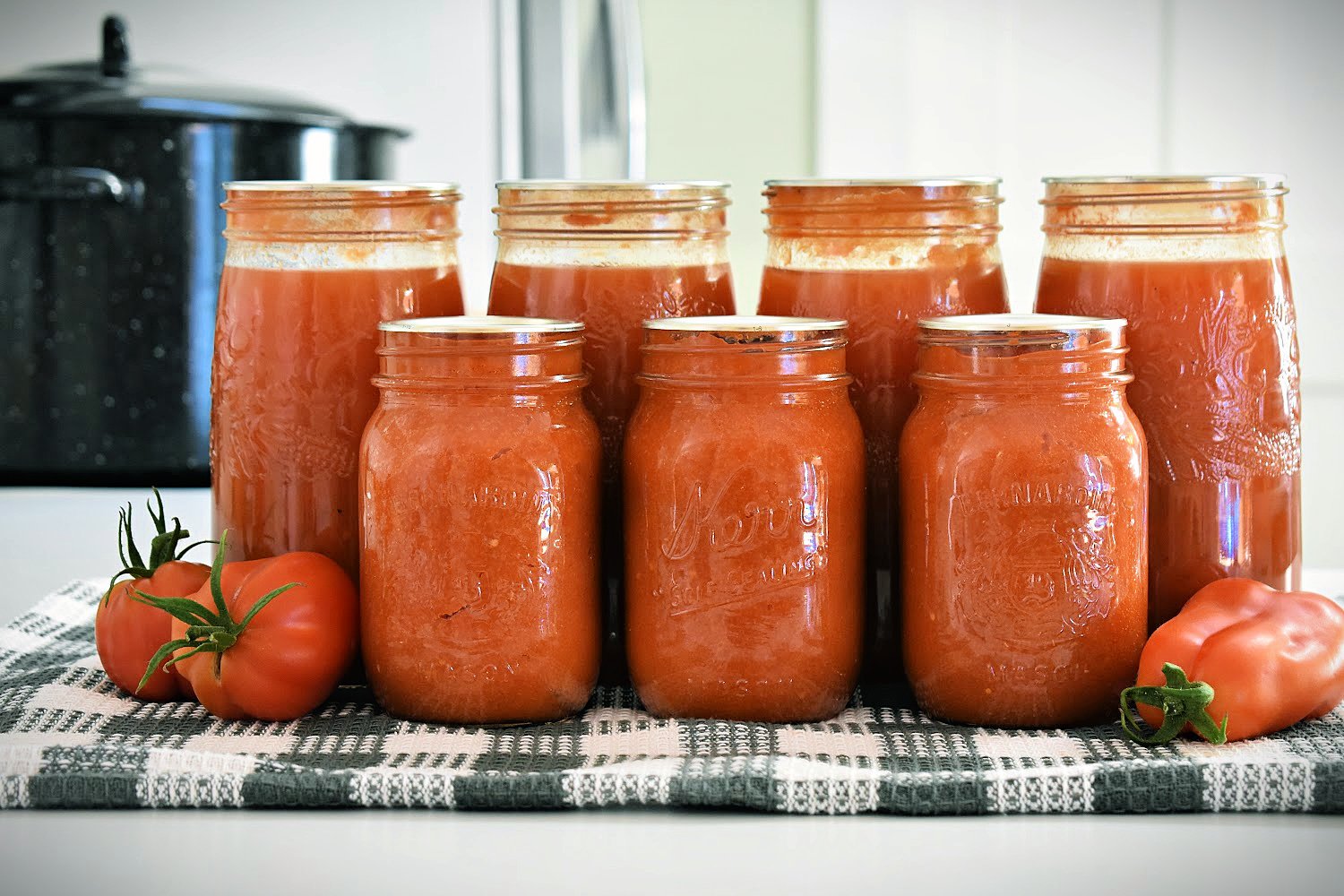
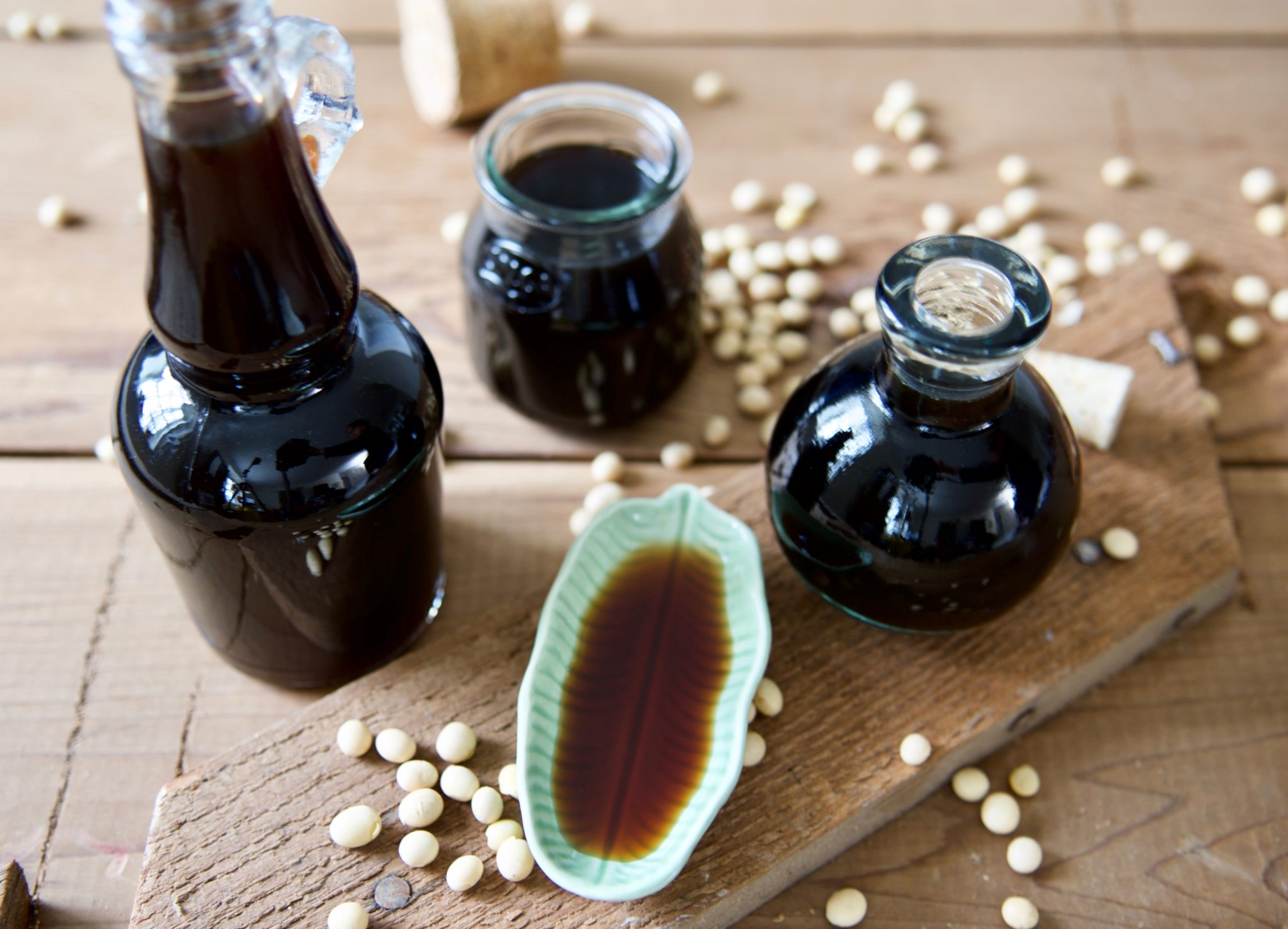
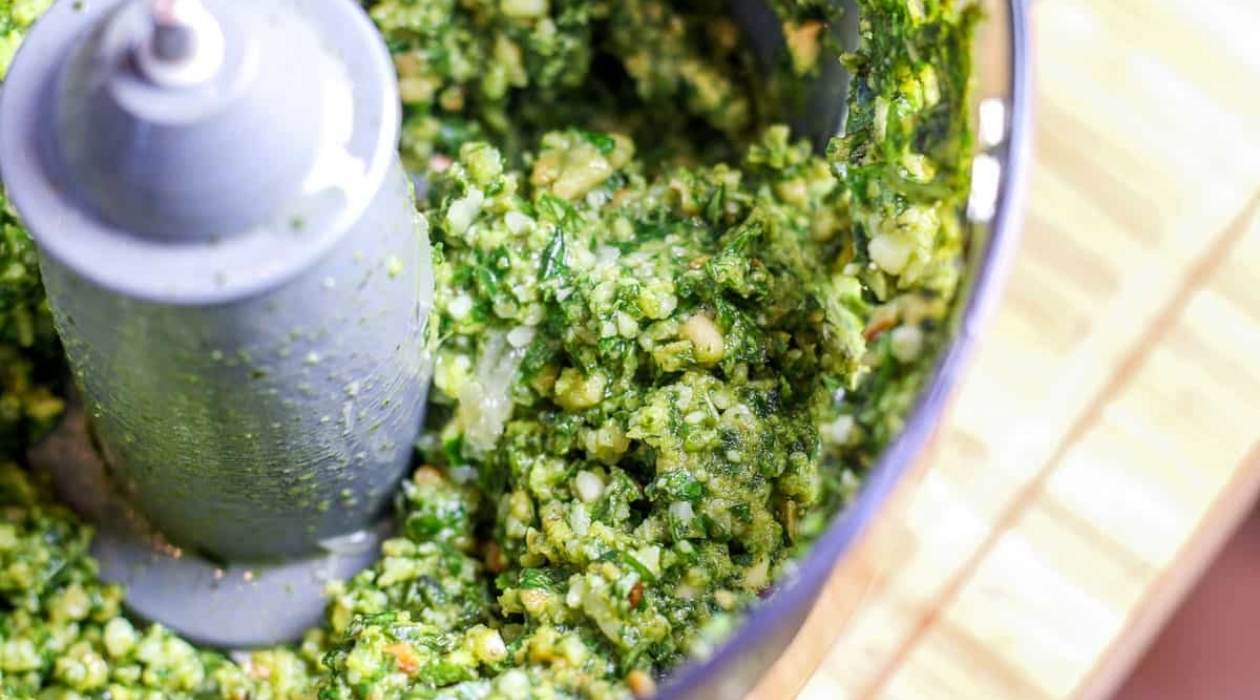
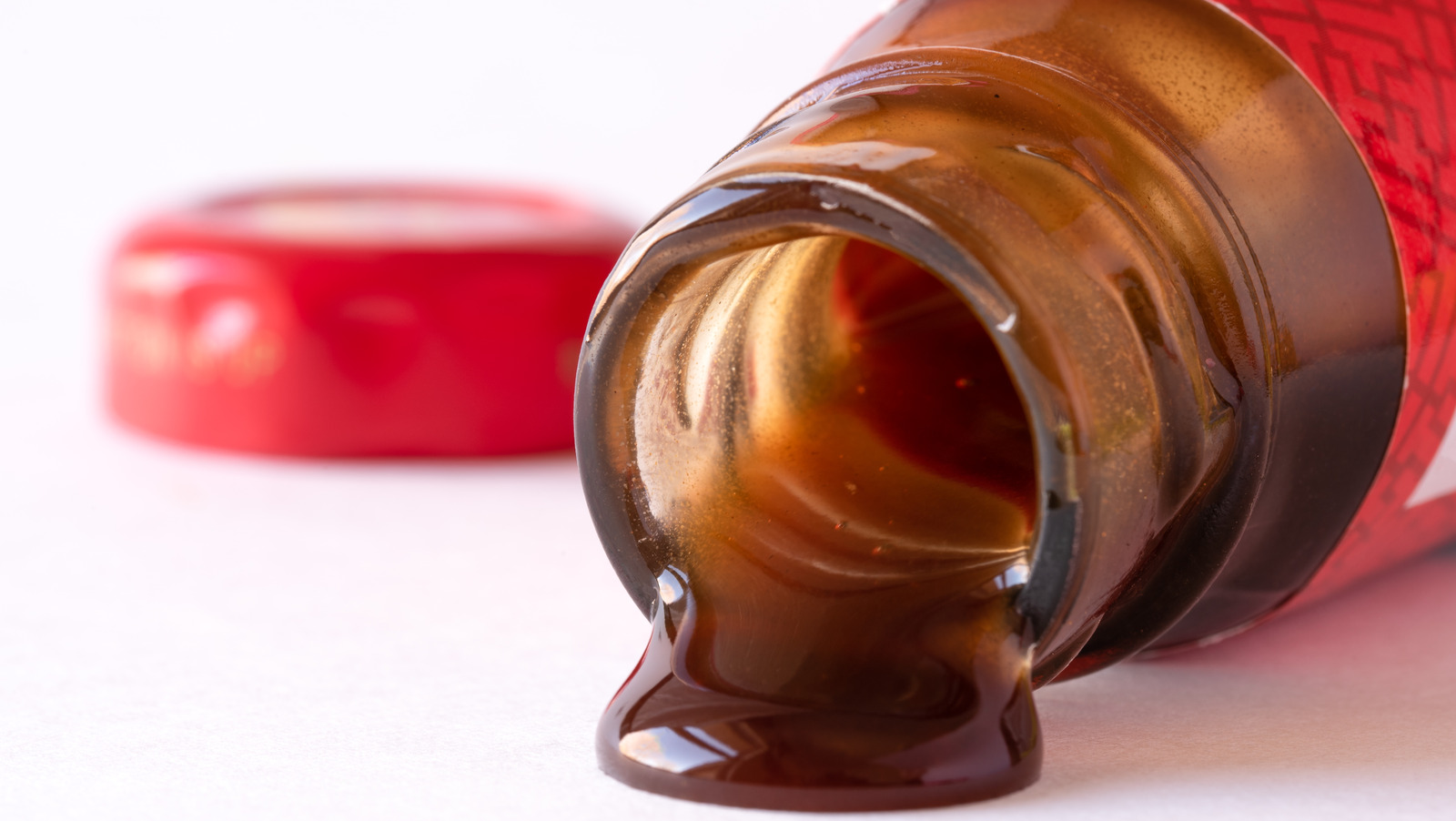
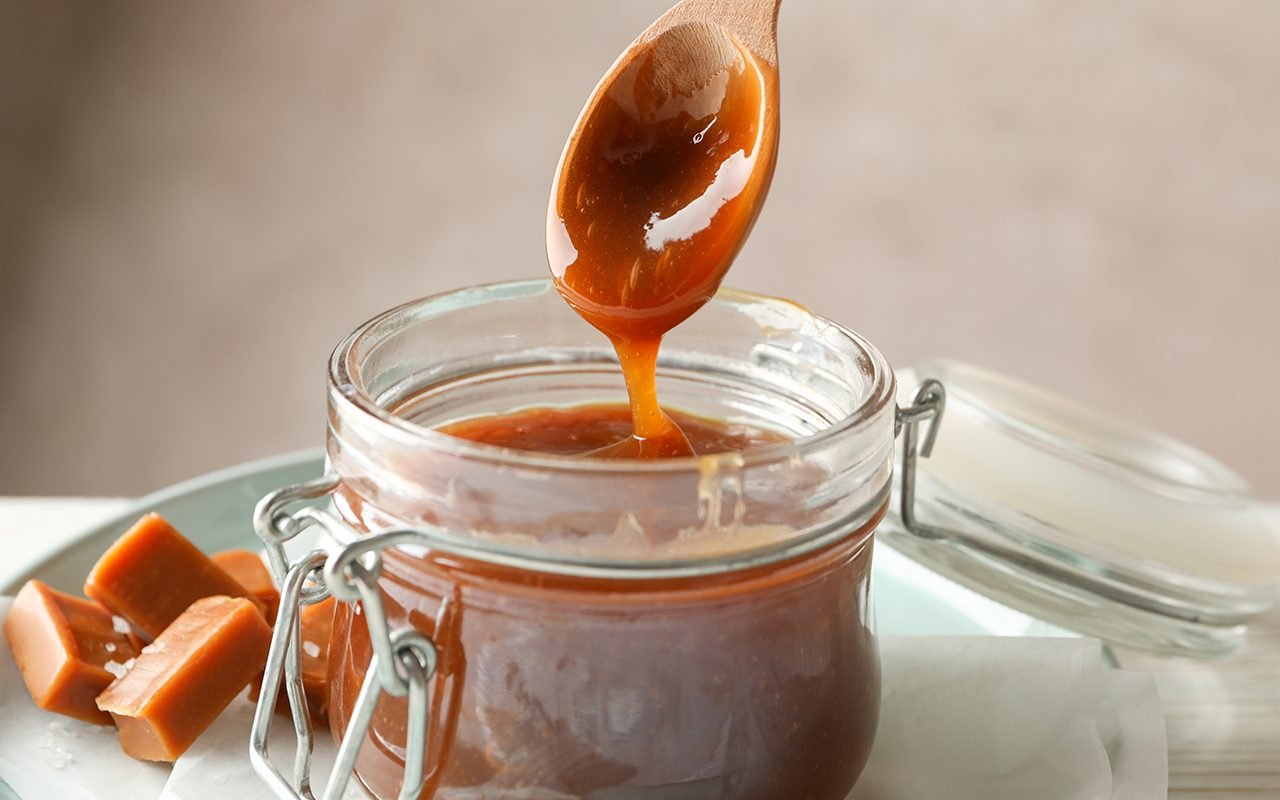


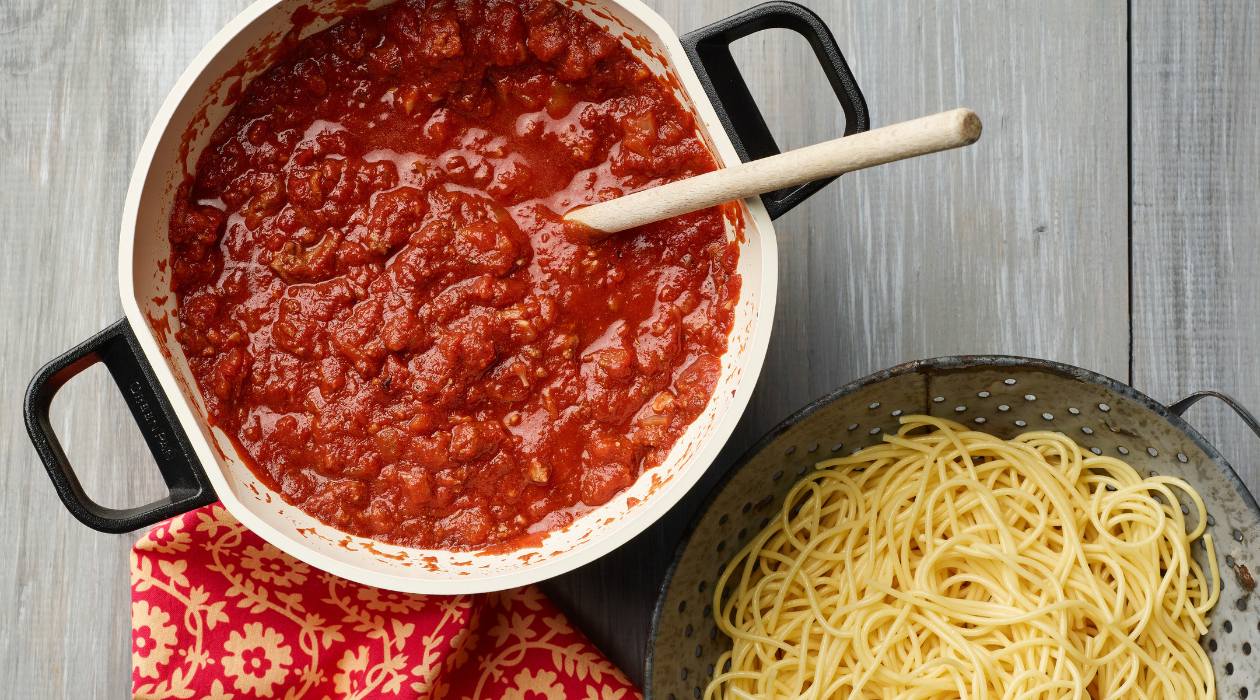



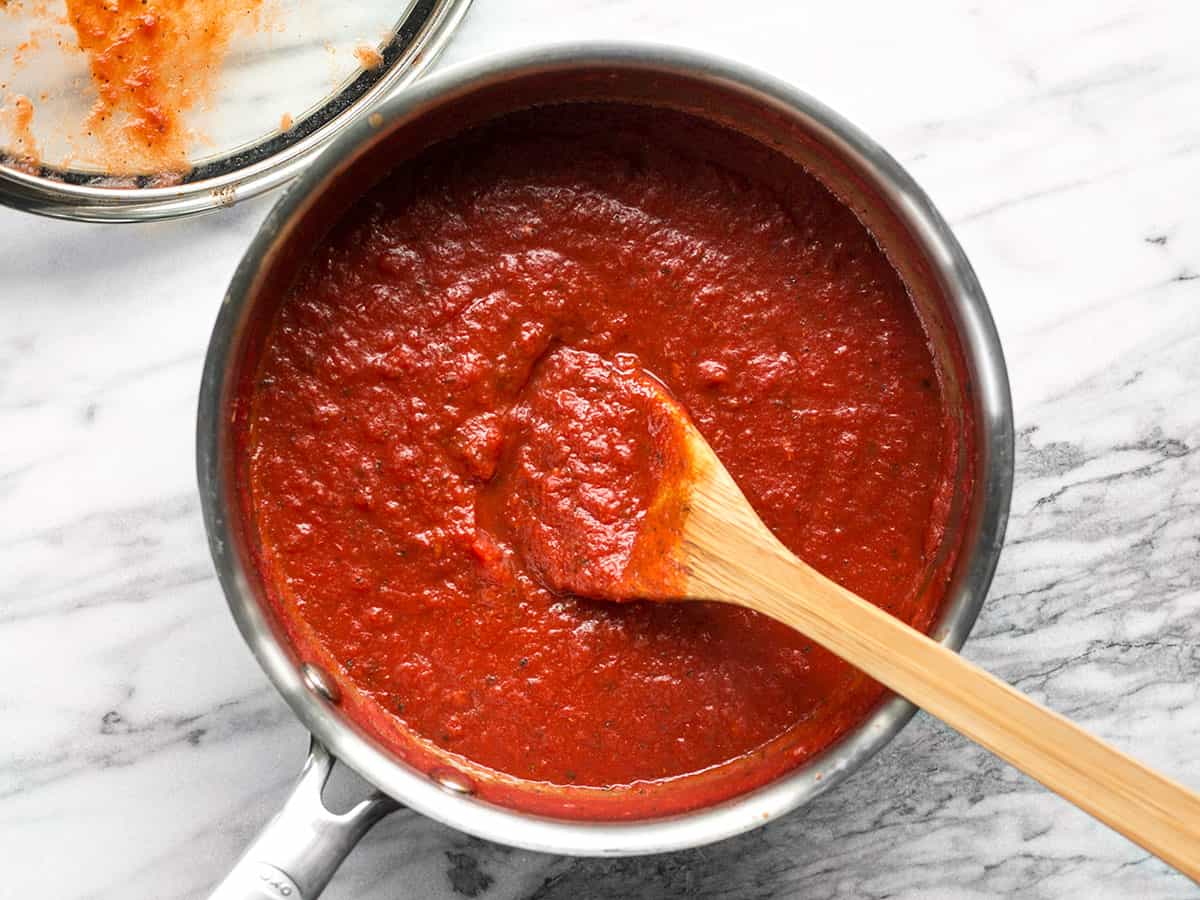

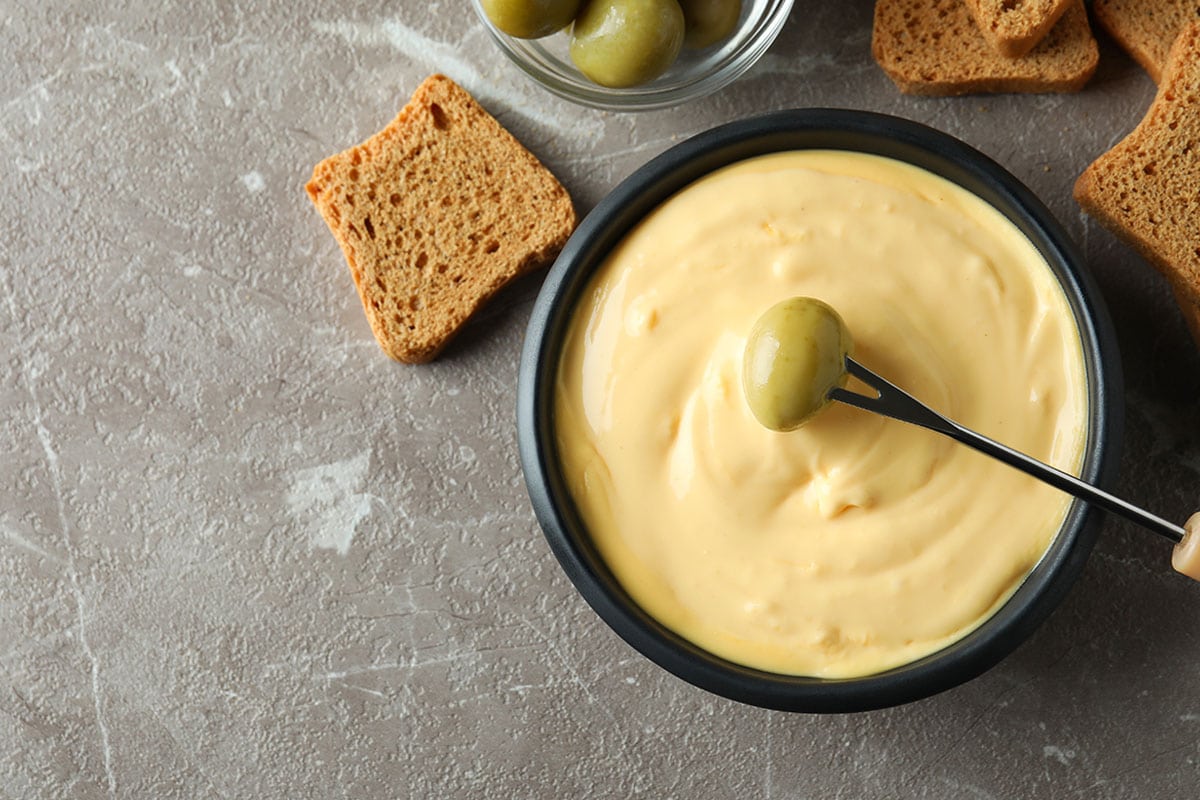

0 thoughts on “How To Store Fish Sauce”